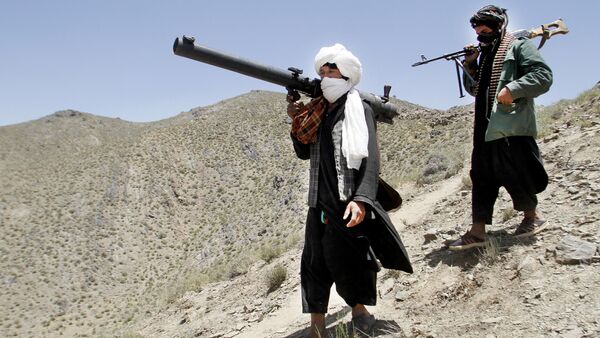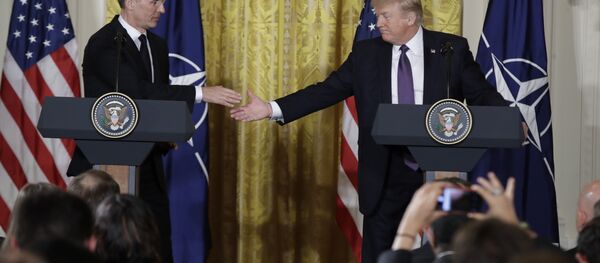Approximately 8,400 US service members are currently deployed in Afghanistan, after US forces arrived there in the wake of the 9/11 attacks in 2001. Even before any of America’s most recent military forays into the region (starting with the Afghan War and building to the Iraq War or Operation Enduring Freedom), 26,000 US troops had been deployed "in the Central Command region, which includes Afghanistan and Iraq," according to a 2009 Congressional Research Service report.
Just this past weekend, Daesh fighters killed a US soldier stationed in Iraq, who left behind a wife and five children.
On March 26, the Defense Department said that an air strike in Afghanistan killed Al-Qaeda leader Qari Yasin. Yasin was reported to have designed the 2008 bombing in Islamabad, Pakistan, that killed at least 50 people at a Marriott hotel.
Kabul is now optimistic that it will be able to handle the Taliban and other insurgencies relatively soon. "By 2020, our security forces will be able to have what they need to carry on the fight on their own," Mohib said, before adding a crucial qualifying clause: "For the most part."
"During the campaign," Mohib said in a March 9 interview, now-US President Donald Trump "didn’t make any promises that they would now perhaps be bogged down by. So they have a free hand."
While questions linger, the Afghan ambassador remains hopeful, if realistic. “We have government institution that do its job [sic.] in delivering the basic services to the Afghan public,” he said, but the war “must end.”
“We, the new generation, this demographic of Afghans have grown up in a war, who are fed up with it and want it to end,” Mohib said.



